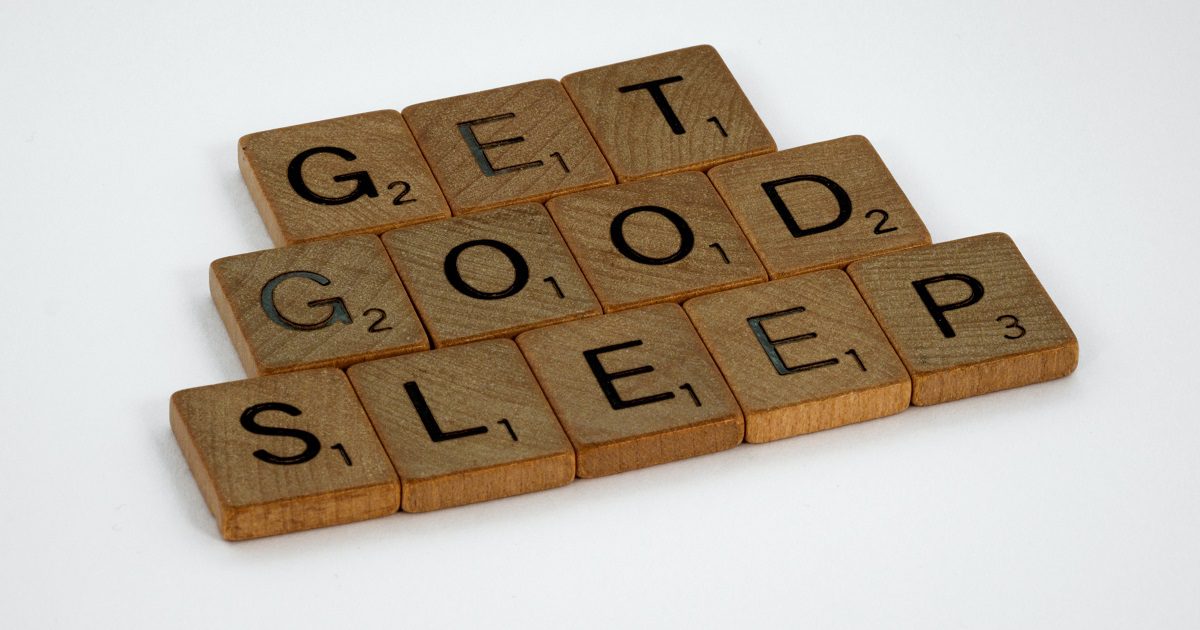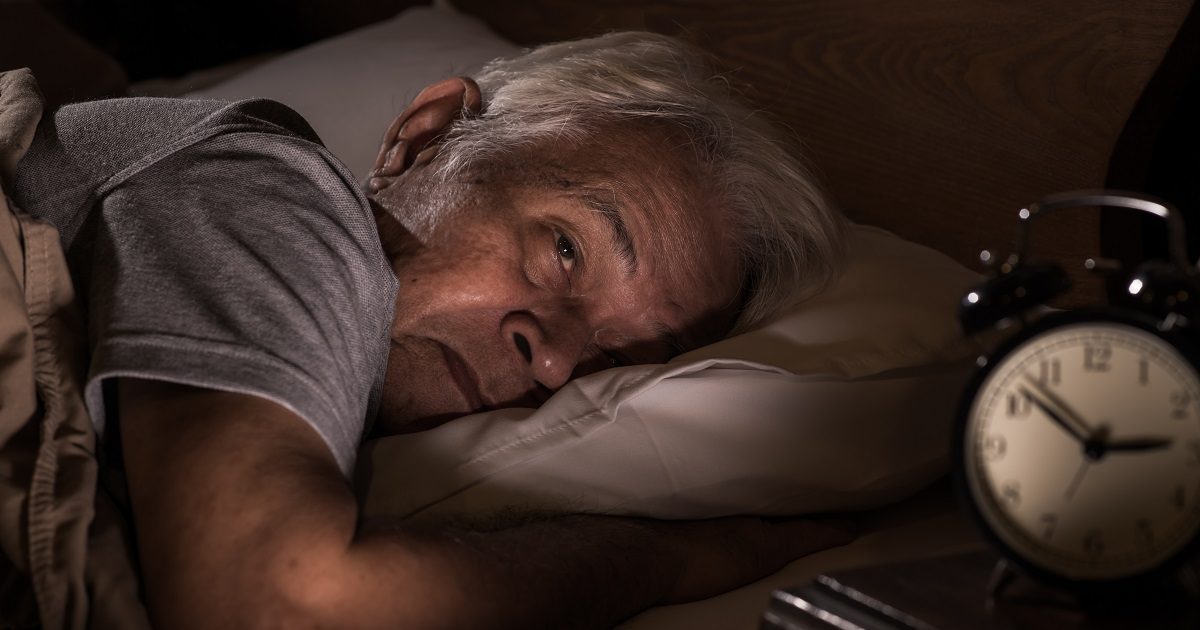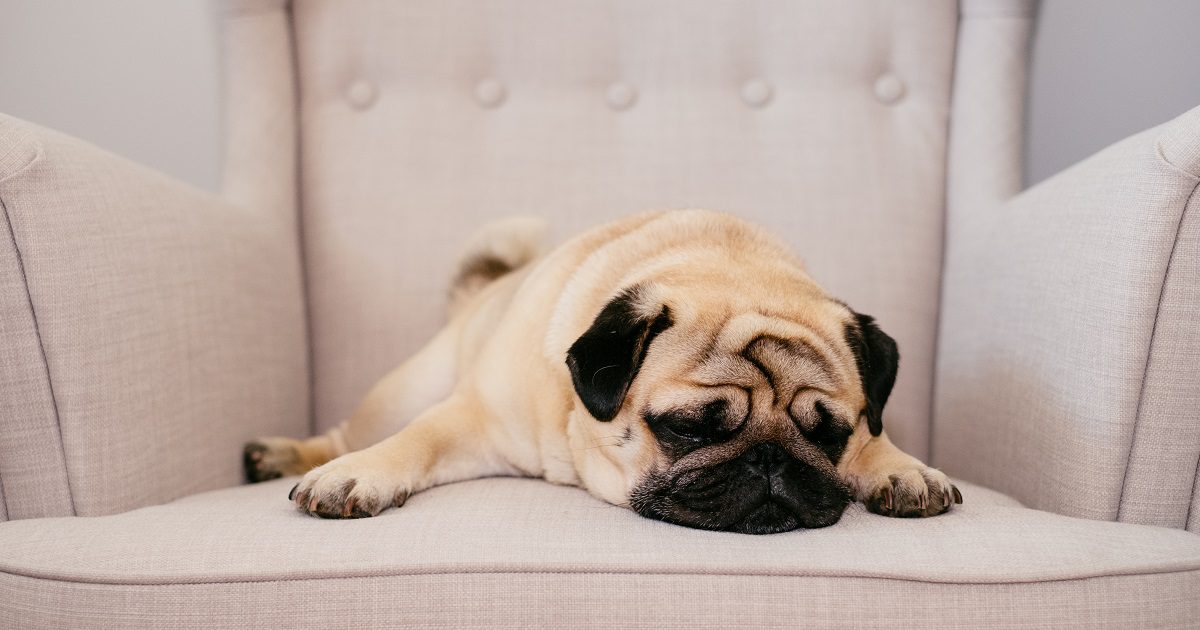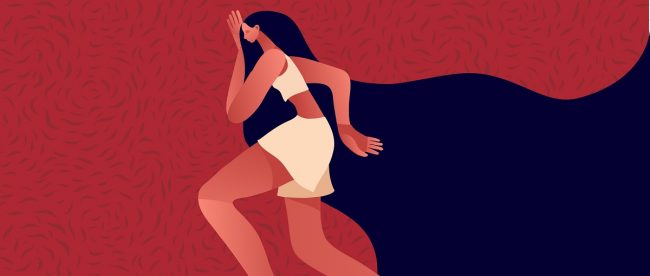How to improve the quality of your sleep
Many of us can’t remember the last time we slept through the night. Is that even a thing?
Our sleep changes as we get older, and not always for the best. So we’re going to look at how we can improve the quality of our sleep. Because good sleep is vital for health and happiness.
Some of us fall asleep as soon as our heads hit the pillow. Some of us lie there thinking for ages, and some of us just can’t seem to get comfy. There are those of us with tinnitus, and lots who need a wee! But the more we try, and the older we get, the harder it is.

What’s the problem?
- Underlying health conditions, like heart and lung issues that affect breathing; acid reflux, heartburn and indigestion; joint and bone problems; enlarged prostate or an overactive bladder; as well as neurodegenerative problems like Parkinson’s or Alzheimer’s all affect sleep
- Medication side-effects
- Sleep apnoea is much more common as we get older and can wake us up through the night
- Restless leg syndrome is another common condition as we age and can make it very difficult to get to sleep
- Insomnia is a lot more common in older adults, whether it’s hard to go to sleep, hard to stay asleep, or you wake up too early
- Tinnitus can be very distracting when trying to sleep
Of course there are many other reasons why you might not sleep well. Problems like anxiety, money worries, or depression can play a huge part in why we might not be getting a good night’s kip.

So how do we improve the quality of sleep?
Well, there are lots of ways you can try and help yourself get better rested and make you feel less groggy throughout the day. Of course, some things can’t be helped like medical conditions and these issues are best left to doctors. But let’s start with some do-able stuff…
Firstly, how much sleep do you need?
Most adults need between 6 and 9 hours of sleep every night, according to the NHS, but everyone is different. But rarely do we actually get the same amount every night, whether that be because we’re not tired or maybe a busy, changing lifestyle.
Try and stick to a regular bedtime routine
Going to bed and getting up the same time every night and day can help, even on your days off. Your mental health will thank you, too. The body likes routine.
Try and separate bedroom from non-bedroom activities
Things like working, watching TV, or eating dinner in bed means it’s harder to separate your bed as your sleep zone.
Try not to nap, or if you do have to, keep it short
Napping is a great way to mess up your sleep routine and keep you up at night. But napping can also offer a real power boost sometimes. If you must nap, try and keep it to no more than 20 minutes.
Get some exercise
Exercising is a great way to make you tired and worn out. Try doing regular exercise, but not within three hours of when you want to sleep.
Sex is a great idea
Whether you’re with someone or on your own, sex and orgasms are great for promoting sleep. Sexual activity releases happy hormones like oxytocin, and reduces stress hormone cortisol.
Limit your drinking
Look at how much you’re drinking before bed as alcohol can have bad effects on our sleep. It may make us sleepy, but it can lead to us waking up regularly and a decrease in sleep quality.

Use gadgets wisely
I’m sure we’ve all gone to bed stressed from the day’s events. If you can, try not to look at your phone or watch the television within an hour of bedtime. Ditch the screen and that horrible blue light. Try and keep your sleeping space free of techy stuff if possible.
Instead, relax and do something non-invasive like read a book, or listen to calming music or spoken word. BBC Sounds has some amazing stress-busters to listen to, like Slow Radio, Mindful Mix (classical music – there’s even one with David Attenborough talking, heaven!), and All Night Unwind.
We feel sleepy already. How do bedtime stories actually work?
Lots of us have fond memories of drifting off to sleep being read a bedtime story. So is this why we drift off when listening to stories or audio books? We asked psychologist and psychotherapist Steve T Richards.
…storytelling has always been part of the human experience. Long before movies, or even writing, stories were told around campfires on open savannahs…
“There is the far memory of childhood experience, but of far more relevance is how narratives affect us in a deep-structure way. In preparing for sleep, our brain begins the gradual process of shutting down from outer stimulation, and drifting through the transition from our workaday life, and into the inner narrative of our dreams. Dreams have a narrative structure, similar to movies, novels, soap operas, and even audio-books.
“This is why storytelling has always been part of the human experience. Long before movies, or even writing, stories were told around campfires on open savannahs, as the light of day transitioned into night, preparing our ancestors for the journey into sleep, and the dream-time.
“Hypnosis works in a similar way. Engagement with a narrative is trance-inducing, and the best hypnotherapists utilise metaphor and narrative to induce that cross-over state of mind, within which the deep unconscious is receptive. Just as camp-fire stories passed on ancestral wisdom to our remote ancestors. The deep memory of this is still present in us all, and, quite naturally, we open ourselves up to the guiding narrative of things like audio books as we transition our modern, waking mind into the ancestral mind of dreaming-sleep.”
Having crazy dreams in lockdown? This is why…

It can be hard, but small changes can help
No-one has the same schedule or lifestyle. And these things play a huge part in how much sleep we can get and the quality of it. Want to learn more? Read our article Improving your sleep quality means better physical and mental health

Lili works across all the channels; writing articles, taking photographs, creating content, and designing eye-capturing imagery. She’s an animal-lover who cries just seeing a picture of a baby sloth.



Leave a comment